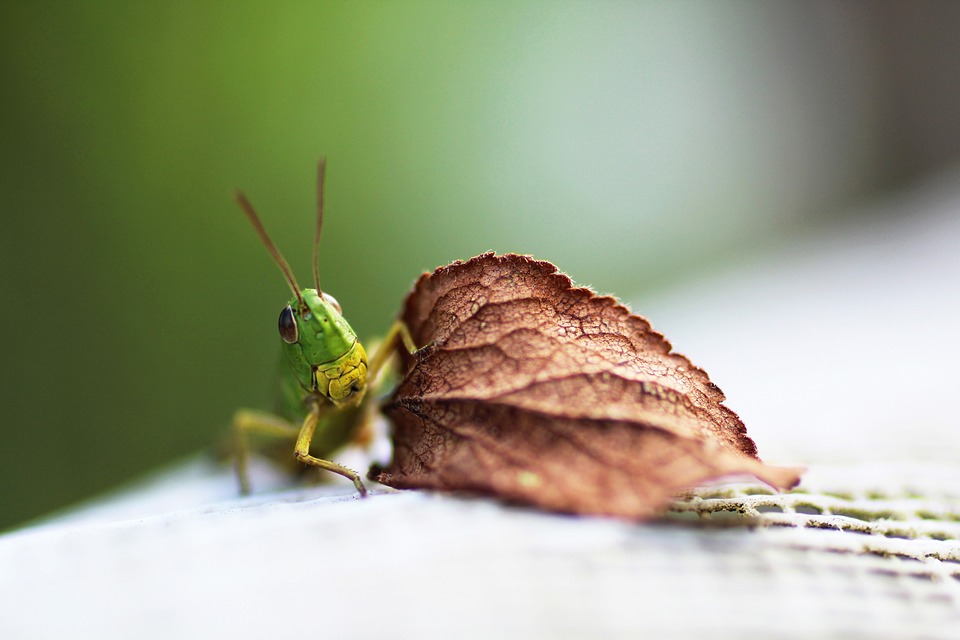Defend Yourself from Bites: The Lowdown on Eco-Friendly Bug Spray Options
As the seasons change and outdoor activities beckon, the need for protection from pesky bugs becomes paramount. While conventional bug sprays may promise effective relief from bites, many contain harsh chemicals that can harm both the environment and human health. Fortunately, eco-friendly bug spray options are not only kinder to the planet but can also be effective in warding off unwanted pests. Let’s explore some of these natural alternatives, their benefits, and tips for choosing and using them effectively.
Understanding the Need for Eco-Friendly Bug Sprays
The rise in popularity of eco-friendly bug sprays reflects a growing awareness of the potential health risks associated with traditional insect repellents. Many of these products contain DEET (N,N-diethyl-meta-toluamide), which while effective for protection against mosquitoes and ticks, has been linked with various health concerns. Additionally, the environmental impact of synthetic chemicals—such as water contamination and harm to beneficial insects—has raised alarm among consumers seeking green alternatives.
Natural Ingredients to Look For
When searching for an eco-friendly bug spray, consider products that feature the following natural ingredients:
-
Citronella Oil: Known for its strong scent, citronella oil is effective against mosquitoes. It’s often used in candles, torches, and sprays to repel these unwanted insects.
-
Lemongrass: This herb can deter mosquitoes and is known for its refreshing fragrance. It can be found in various natural bug sprays alongside other essential oils.
-
Eucalyptus Oil: Lemon eucalyptus oil has been shown to offer comparable protection to DEET by repelling mosquitoes. Its refreshing aroma makes it a favorite in many natural formulations.
-
Peppermint Oil: This fragrant oil acts as a deterrent to a variety of bugs, including ants and mosquitoes. Additionally, it leaves a pleasant scent and a cooling sensation on the skin.
-
Soybean Oil: This oil is another effective mosquito repellent and can help create a barrier on the skin to keep bugs at bay.
-
Neem Oil: Known for its insecticidal properties, neem oil can effectively repel mosquitoes and flies.
- Vinegar: Though not as potent, a vinegar-based solution can work as a mild repellent when applied directly to the skin or used in a spray.
Benefits of Using Eco-Friendly Bug Sprays
-
Healthier for You: Non-toxic ingredients reduce the risk of skin irritation and allergic reactions, making them suitable for sensitive skin and for use on children.
-
Safer for the Environment: Eco-friendly options help protect beneficial insects like bees and butterflies. Their biodegradable components break down naturally without harming ecosystems.
-
Pleasant Scents: Many natural repellents provide delightful aromas, contrasting sharply with the potent chemical smells of conventional sprays.
- Sustainable Options: Many brands focus on sustainability in their sourcing and packaging, making them a conscientious choice for eco-minded consumers.
Choosing the Right Eco-Friendly Bug Spray
Here are some tips for selecting the best eco-friendly bug spray for your needs:
-
Read Labels Carefully: Look for products that specify natural ingredients free from synthetic chemicals. A good rule of thumb is to avoid anything with a lengthy list of unrecognizable ingredients.
-
Check Efficacy: Not all natural products are equally effective against every pest. Read reviews and look for studies that gauge the efficacy of the ingredients used.
-
Consider Application Method: Eco-friendly sprays can come in various forms including sprays, roll-ons, and lotions. Choose a method that suits your lifestyle and convenience.
-
DIY Options: If you’re into crafting homemade solutions, consider making your bug spray by mixing essential oils with carrier oils like coconut oil or witch hazel, along with distilled water.
- Test for Allergies: If you’re trying a new product, perform a patch test on a small area of your skin to ensure there are no adverse reactions.
Conclusion
With numerous eco-friendly bug spray options available, protecting yourself and your loved ones from bites doesn’t have to come at the expense of your health or the environment. By opting for natural repellents, you can enjoy the great outdoors with peace of mind, knowing you’re making choices that benefit both people and the planet. Whether you choose to buy a pre-made solution or create your own, integrating eco-friendly insect repellents into your outdoor routine can help you savor every moment of your time under the sun—without the unwelcome bites.
